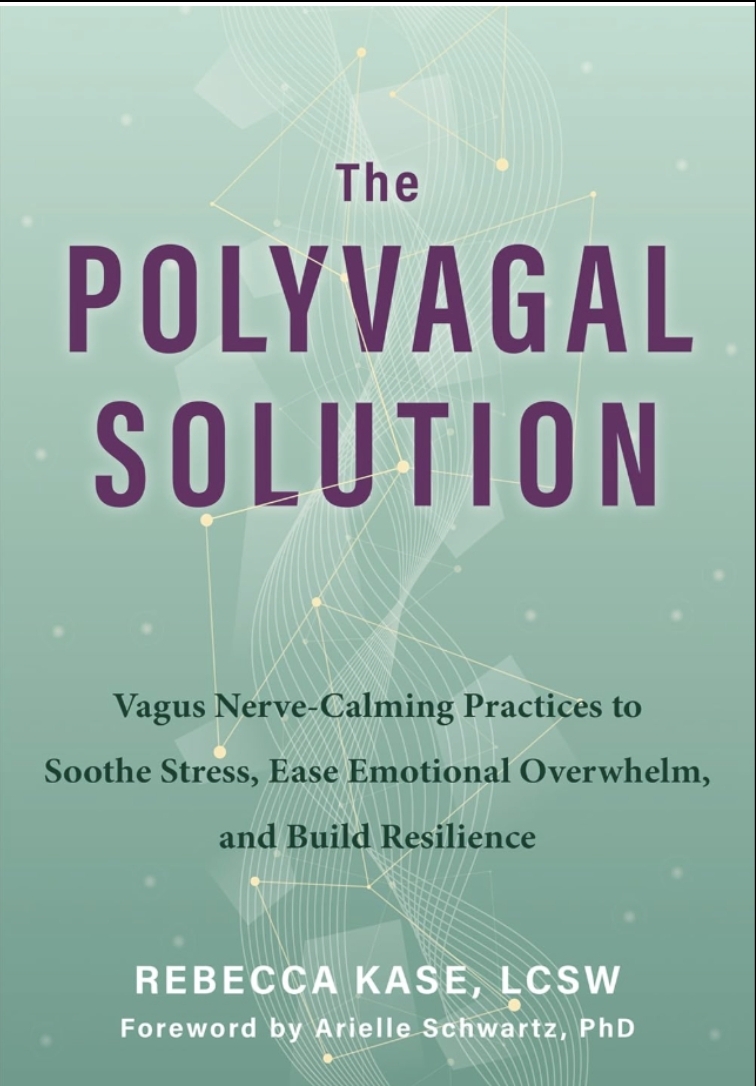Lifestyle
What Causes Motorcycle Accidents and How to Avoid Them?

Out of all US states, California is one of the busiest when it comes to traffic. Highways and smaller roads are almost always crowded with lots of vehicles and that increases the chances of drivers getting into an accident. A type of vehicle which accounts for some of these accidents is the motorcycle.
Generally, motorcycle riding is one of many Americans’ favorite pastimes. It offers that thrill that cars don’t and it is also an easier way of commuting when living in a busy state like California.
However, riding a motorcycle comes with its own risks and dangers which can easily turn into a fatality and lead to more serious legal issues later on. In this case, hiring well-experienced motorcycle accident lawyers in California is crucial to help you along the way so you can ensure your legal rights are protected.
In the meantime, here is a brief list of the most common causes of motorcycle accidents and how to avoid them.
High speed
The acceleration rate on motorcycles is thrilling because it offers that feeling of an unlimited power being released. However, speeding too much can instantly lead to an accident and cause severe damages both to the rider and to those around them. The general assumption is the higher the speed, the greater the impact and the more severe consequences will be.
To avoid getting injured and hurting others along the way, it is strongly recommended that you ride within the permitted speed range. No matter how clear the roads are or how much control you have over your bike, excessive speed is dangerous.
Collisions
Collisions are another common cause of motorcycle accidents. They can happen between motorcycles and fixed objects or in a head-on collision with another vehicle. The results from these crashes can be especially fatal for the motorcyclists because they aren’t shielded by a box of metal or cushioned by airbags like car drivers are.
The best way to avoid them is to be mindful of the other vehicles on the road as well as the surroundings. Make sure you reduce speed while riding and that you are visible to other drivers so they can notice you and give you enough time to stop or maneuver.
Road hazards
A common cause of motorcycle accidents that is often overlooked by riders is poor roadway conditions. Elements that can lead to such accidents include poorly lit roads and intersections, pavement defects, unmarked lane changes, dangerous bridge joints, gravel or sand and leaves or grass clippings.
The truth is motorcycles are very vulnerable to such hazardous road conditions. They can easily disrupt the stability of the vehicle which will further cause the motorcyclist to lose control and suffer an injury along the way. To avoid getting hurt, be aware of the roadway situation and come up with a safe riding plan.
Reckless driving
Improper motorcyclist behaviors can also contribute to severe and fatal traffic accidents. Some riders get so high off of the adrenaline that they are sometimes willing to break the law and violate their safety while riding. Whether it is due to alcohol use, high speeding or simply not wearing a helmet, there are several reckless driving factors that can lead to an accident.
To avoid such incidents, you should always wear your helmet, follow the road laws and never ride under the influence. Failing to do this will put your life in danger as well as the lives and safety of other drivers.
Weather conditions
Varied weather conditions can also lead to motorcycle accidents. Anything from the sun shining straight into the eyes to heavy rainfall and leaves and other debris on the road can contribute to traction issues and decreased visibility which will disrupt the driving of a rider and involve them in an accident.
Therefore, being mindful of the weather conditions under which you are planning to ride is very important before you actually hit the road. If it is raining too much, wait for the rain to pass and the road to dry out so you get on your motorcycle.

Final thoughts
There is no doubt that riding a motorcycle is such an exhilarating experience for Californian citizens. However, one wrong turn, excessive rate of speed or a simple reckless driving behavior can instantly lead to a severe accident which can end up bad both for the rider and to those around them.
That’s why it is important that you are being careful on the road so you can avoid putting your life in danger as well as the lives of the other vehicles and passengers.
Lifestyle
The Missing Piece in Self-Help? Why This Book is Changing the Wellness Game

Self-help shelves are full of advice — some of it helpful, some of it recycled, and most of it focused on “mindset.” But Rebecca Kase, LCSW and founder of the Trauma Therapist Institute, is offering something different: a science-backed, body-first approach that explains why so many people feel struck, overwhelmed, or burned out — and what they can actually do about it.
A seasoned therapist and business leader, Kase has spent nearly two decades teaching others how to navigate life through the lens of the nervous system. Her newest book, “The Polyvagal Solution,” set to release in May 2025, aims to shake up the wellness space by shifting the focus away from willpower and onto biology. If success has felt out of reach — or if healing has always seemed like a vague concept — this book may be the missing link.
A new way to understand stress and healing
At the heart of Kase’s approach is polyvagal theory, a neuroscience-based framework that helps explain how our bodies respond to safety and threat. Developed by Dr. Stephen Porges, polyvagal theory has transformed the way many therapists understand trauma, but Kase is bringing this knowledge to a much wider audience.
“The body always tells the truth,” Kase says. “If you’re anxious, exhausted, or always in overdrive, your nervous system is asking for support, not more discipline.”
“The Polyvagal Solution” makes this complex theory digestible and actionable. Instead of promising quick fixes, Kase offers strategies for regulating the nervous system over time, including breathwork, movement, boundaries, and daily practices that better align with how the human body functions. It’s less about pushing through discomfort and more about learning to tune in to what the body needs.
From clinical expertise to business insight
What sets Kase apart isn’t just her deep understanding of trauma but how she blends that knowledge with real-world experience as a business owner and leader. As the founder of the Trauma Therapist Institute, she scaled her work into a thriving company, all while staying rooted in the values she teaches.
Kase has coached therapists, executives, and entrepreneurs who struggle with burnout, anxiety, or feeling disconnected from their work. Regardless of who she works with, though, her message remains consistent: the problem isn’t always mindset — it’s often regulation.
“Success that drains you isn’t success. It’s survival mode in disguise,” Kase explains. Her coaching programs go beyond traditional leadership training by teaching high achievers how to calm their nervous systems, enabling them to lead from a grounded place, not just grit.
Making the science personal
For all her clinical knowledge, Kase keeps things human. Her work doesn’t sound like a lecture but rather like a conversation with someone who gets it. That’s because she’s been through it herself: the long hours as a therapist, the emotional toll of supporting others, the realities of building a business while managing her own well-being.
That lived experience informs everything she does. Whether she’s speaking on stage, running a retreat, or sharing an anecdote on her podcast, Kase has a way of weaving humor and honesty into even the heaviest topics. Her ability to balance evidence-based practice with practical advice is part of what makes her voice so compelling.
Kase’s previous book, “Polyvagal-Informed EMDR,” earned respect from clinicians across the country. But “The Polyvagal Solution” reaches beyond the therapy community to anyone ready to understand how their body is shaping their behavior and how to create real, sustainable change.
Why this message matters
We’re in a moment where burnout is common and overwhelm feels normal. People are looking for answers, but many of the tools out there don’t address the deeper cause of those feelings.
That’s where Kase’s work lands differently. Instead of telling people to “think positive” or “try harder,” she teaches them how to regulate their own biology. And in doing so, she opens the door for deeper connection, better decision-making, and more energy for the things that matter.
As more workplaces begin to embrace trauma-informed leadership, more individuals are seeking solutions that go beyond talk therapy and motivational content. Kase meets that need with clarity, compassion, and a toolkit rooted in both science and humanity.
A grounded approach to lasting change
What makes “The Polyvagal Solution” stand out is its realism. It doesn’t ask readers to overhaul their lives but instead asks them to listen — to pay attention to how their bodies feel, how their stress patterns manifest, and how even small shifts in awareness can lead to significant results over time. Whether you’re a therapist, a team leader, or someone trying to feel more at ease in your own skin, this book offers a way forward that feels both grounded and achievable.
Rebecca Kase isn’t just adding another title to the self-help genre. She’s redefining it by reminding us that we don’t have to muscle our way through life. We just have to learn how to work with, not against, ourselves.
And maybe that’s the real game-changer we’ve been waiting for.
-

 Tech4 years ago
Tech4 years agoEffuel Reviews (2021) – Effuel ECO OBD2 Saves Fuel, and Reduce Gas Cost? Effuel Customer Reviews
-

 Tech6 years ago
Tech6 years agoBosch Power Tools India Launches ‘Cordless Matlab Bosch’ Campaign to Demonstrate the Power of Cordless
-

 Lifestyle6 years ago
Lifestyle6 years agoCatholic Cases App brings Church’s Moral Teachings to Androids and iPhones
-

 Lifestyle4 years ago
Lifestyle4 years agoEast Side Hype x Billionaire Boys Club. Hottest New Streetwear Releases in Utah.
-

 Tech7 years ago
Tech7 years agoCloud Buyers & Investors to Profit in the Future
-

 Lifestyle5 years ago
Lifestyle5 years agoThe Midas of Cosmetic Dermatology: Dr. Simon Ourian
-

 Health6 years ago
Health6 years agoCBDistillery Review: Is it a scam?
-

 Entertainment6 years ago
Entertainment6 years agoAvengers Endgame now Available on 123Movies for Download & Streaming for Free
